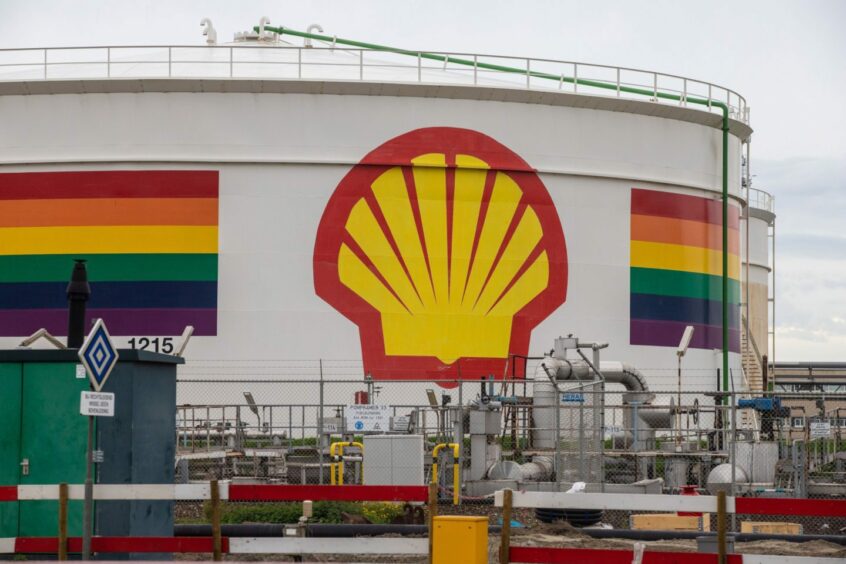
Shell (LON: SHEL) faces a new front in climate litigation as a group of frustrated shareholders launch a lawsuit against the oil giant’s board in the UK.
Two years after a Dutch court ordered Shell to slash its emissions, the group of investors are filing the first lawsuit of its kind anywhere in the world against 11 members of the board, accusing them of failing to manage the company’s climate risks.
Environmental law firm ClientEarth is bringing the suit under the UK’s Company Act against Shell’s board at London’s High Court, arguing that the their failure to approve an energy transition strategy that aligns with the Paris Agreement amounts to a breach of a director’s legal duties.
“The board is persisting with a transition strategy that is fundamentally flawed, leaving the company seriously exposed to the risks that climate change poses to Shell’s future success – despite the board’s legal duty to manage those risks,” said Paul Benson, a senior lawyer at ClientEarth.
The Paris Agreement was adopted in 2015 with a goal of slowing global warming to well below 2C, compared to pre-industrial levels. With record temperatures across much of the planet in 2022, and a series of catastrophic weather events, the severe effects of climate change are already being felt.
“We do not accept ClientEarth’s allegations,” a Shell spokesperson said. “Our directors have complied with their legal duties and have, at all times, acted in the best interests of the company.”
Fresh Strategy
Trying to hold board members legally accountable for their companies’ contributions to climate change marks a fresh strategy as lawyers and campaigners increasingly turn to the courts to try and pin some of the blame for the climate crisis on Big Oil. In the Netherlands at least, activists have had success.
Shell was ordered in 2021 by a court in The Hague to slash its greenhouse gas emissions 45% by 2030 compared to 2019 levels. It’s appealing the ruling as the court’s order is an acceleration of an existing strategy there are aspects of it that are just not feasible, Shell argues.
“Shell’s goal is to become a net zero emissions energy company by 2050,” the company said. “Appealing does not change this.”
Shell already has plans to halve emissions from its own business and the energy it purchases, by 2030 compared to 2016 levels. But those represent less than 10% of its overall carbon footprint, with most planet-warming gases emitted when its customers burn the fuel they buy from Shell.
While the company also has a goal of reaching net zero emissions across all its business by 2050, there’s not yet a clear plan how to do it. It was the oil and gas business that drove record-breaking profits of nearly $40 billion last year. And while Shell’s investment in its renewables unit hit an all-time high in 2022, it was less than half what the company spent on its business exploring for and extracting fossil fuels.
Renewables Pause
Wael Sawan, who took over as Shell’s chief executive officer in January, said he plans to grow the company’s natural gas business while Shell pauses growth in spending on its renewables unit. The CEO is focused on delivering value for shareholders.
“Our philosophy has been a real pivot toward energy transition investments,” Sawan said in a call with reporters on Feb. 2. “But we will make sure that those investments go into the areas where we can see line of sight toward attractive returns to be able to reward our shareholders.”
The lawsuit, which also alleges the directors failed to comply with the Hague ruling, is being brought by institutional investors including pension-fund manager London LGPS CIV Ltd, Nest, Swedish pension fund AP3, and Danske Bank Asset Management. Together the plaintiffs hold over 12 million shares in the company, still less than 0.2% of the total.
AkademikerPension, a Danish pension fund which divested from Shell in 2019 to protect from climate risks, said if the lawsuit is successful then the company would become an attractive investment again.
Recommended for you
